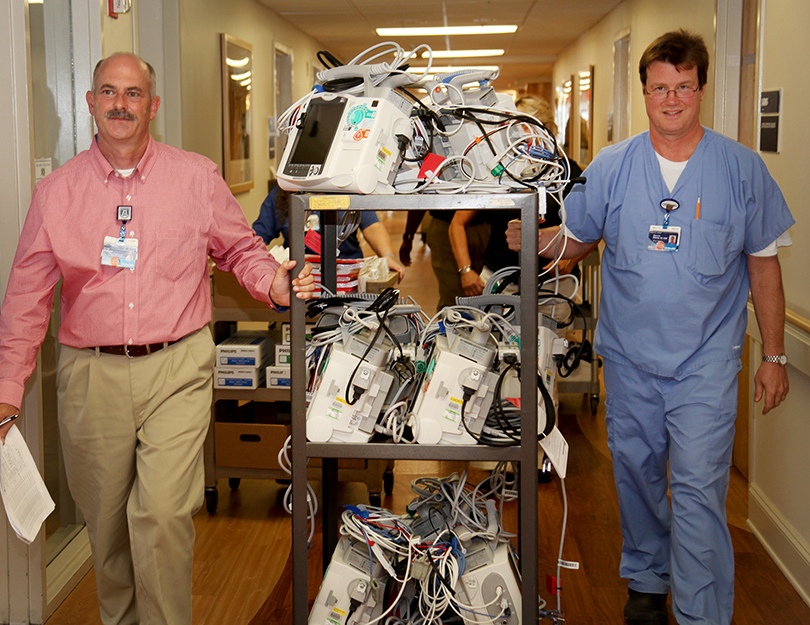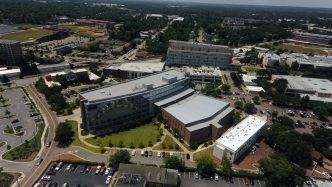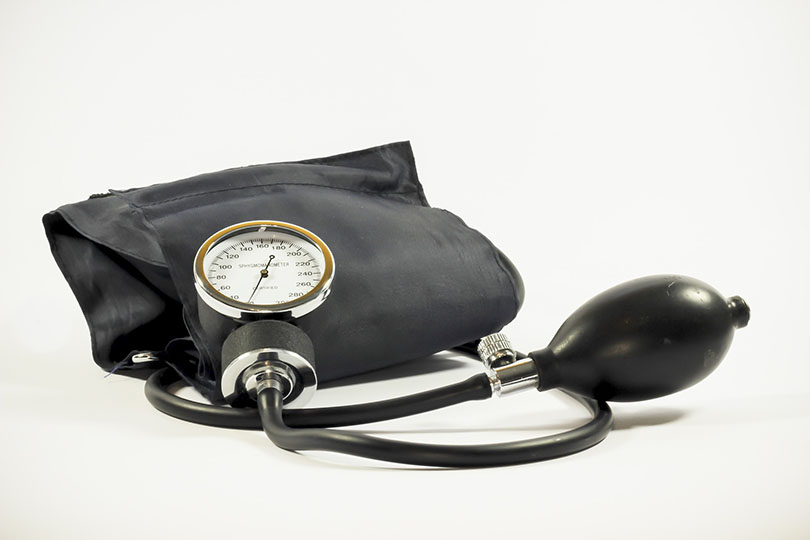Deployment of 122 new Philips HeartStart monitor/defibrillators and AEDs is latest effort to implement standardized, system-wide approaches to technology, training and service excellence in Philips-AU Health Alliance
AUGUSTA, Ga. (Aug. 25, 2016) – Augusta University Health achieved another milestone this week in its transformational alliance with Philips through the system-wide deployment of 101 new advanced life support monitor/defibrillators and 21 automated external defibrillators. In active planning for more than 18 months, this project has effectively standardized emergency care, resuscitation technology and clinical staff training across the health system.
“The ability to respond to emergencies quickly and effectively wherever they occur in our health system is essential,” said Dr. Kevin Dellsperger, Chief Medical Officer at Augusta University Medical Center and a seasoned cardiologist. “Having a standard platform and state-of-the-art Philips cardiac life support equipment installed across our health system – with clinical staff all freshly trained on how to use them – will ensure that our response to cardiac arrests and other clinical emergencies follows our highest clinical standards.”
As in most large health systems, in the past Augusta had supplied its various clinical services with advanced life support equipment according to need. As a result, the hospital had a well-intentioned patchwork of equipment and supplies with a range of ages and capabilities. Staff training was similarly varied. As part of its transformation efforts to centralize and standardize medical technology and resource management across the health system, Augusta’s clinical leadership made the house-wide upgrade to Philips defibrillators and AEDs a priority.
A joint AU Health-Philips team conducted a department-by-department survey and needs assessment, interviewing medical and nursing leadership and staff, as well as technologists and facilities managers. In preparation for the switch, the project team executed a comprehensive training program for more than 1,100 staff with centralized training for residents. During the week of the switchover, Philips provided onsite product service experts at AU Health to facilitate device deployment over a three-day timeframe.
The new Philips HeartStart monitor/defibrillators and AEDs provide numerous clinical benefits, including a standardized, intuitive user interface that is easy to learn and retain for both frequent and infrequent users, and a design for ordinary and trained responders alike.
The AEDs feature Life Guidance, which acts as a personal coach to guide the user through a cardiac emergency. With its “ready to act, ready to go” motto, Life Guidance gives everyone from the lay responder to the trained clinician the confidence to act quickly and decisively, leading the way to save a life.
As a personalized therapy, Philips AEDs are also designed to treat infants and children by simply inserting the Infant/Child Key. Life Guidance will adjust and provide special pad placement and instructions as the defibrillation therapy automatically reduces to levels suitable for an infant or child.
Moreover, the MRx monitor/defibrillators provide the clinical staff with standardized vital signs monitoring in a single portable lifesaving device. The systems are also compatible with AU Health’s fleet of Philips IntelliVue bedside monitors, enabling smoother care transitions.
“The minutes after a cardiac arrest are critical to the patient’s survival, and ensuring the right technologies and education are in place will help improve outcomes. Forward-looking health systems like Augusta University Health are using their long-term strategic partnership with Philips to rethink every element of their technology platform, including emergency response,” said Carla Kriwet, Chief Executive Officer, Philips Patient Care & Monitoring Solutions. “Working together to update AU Health’s resuscitation program is just the latest in our ongoing commitment to streamline technology management and improve care delivery for the health system and its patients. Our resuscitation solutions will help clinicians respond better to emergency situations and provide evidence-based support for recovering patients.”
In June 2013, Philips and Augusta University’s health system (formerly GRHealth) entered into a 15-year, $300 million agreement to improve outcomes and deliver more effective, cost-efficient health care. Since then, this pioneering alliance has delivered significant cost savings, operational efficiencies, and project milestones across the healthcare enterprise.
“Our long-term alliance with Philips is helping us take an enterprise approach to our health system and a deep dive into the clinical services within it. Their ongoing support is helping us accelerate the pace of change while maintaining an unwavering focus on our patients and families,” said Dellsperger.
 Augusta University
Augusta University




